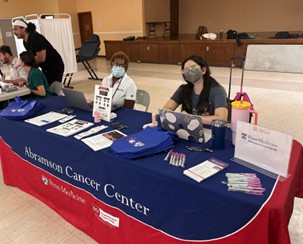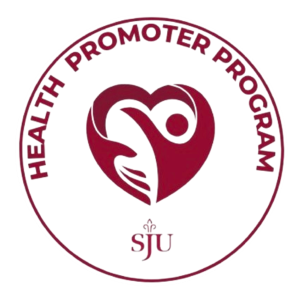Cardiac, Cancer, and Rheumatology Screenings Station
Stations
- Height and Weight
- Blood Pressure and Pulse Oximetry
- Blood Glucose and Cholesterol Testing
- Eye Glasses
- Healthy Mother & Healthy Baby
- Dental Program
- Physical & Occupational Therapy
- Cardiac, Cancer, and Rheumatology Screenings
- Opioid Resource Distribution
- Medical Residents
- Mental Health & Wellness
- Wound Care
Empowering Health through Precision Screening: Take a Step Toward Informed Wellness
Utilizing advanced data collection methods, we tailor our screenings to track progress, identify potential risks, and provide targeted insights into cardiovascular health, cancer screenings, and rheumatological diseases.
1. Comprehensive Data Utilization:
We use our data collection in a number of different ways. The data is used to track patients’ records to see how returning patients have progressed since their last visit, but at some sites we rarely see returning patients.
2. Interheart Cardiovascular Risk Score:
The data is mainly used to calculate one’s interheart cardiovascular risk score, exposure to cancer screening, and other health indicating measures. If the interheart score is above a certain value that indicates moderate risk (≥12), that individual will get a full cholesterol breakdown test.

Since these cholesterol testing strips are very expensive and we have limited funding, the use of the risk score as a means of determining who will be tested, has made this process more sustainable for the clinic, so that we are not testing individuals who will gain no insight from the test
3. Accessible Cancer Screening with Penn Oncology Partnership:
Scientific literature has shown that minority populations receive significantly less cancer screenings and therefore have the highest prevalence of detecting late-stage cancers. With this information along with our partnership with Penn Oncology, we designed a cancer screening tool that assesses an individual’s history of lifestyle along with cancer screening and then identifies the tests that they could maximally benefit from. Once the screening test that they need is identified, our partners at Penn Oncology perform the screening free of charge and will provide any follow up treatment needed.
4. Rheumatological Disease Risk Assessment:
One of our newest additions to this station has been a series of questions regarding the patient’s risk for rheumatological diseases. The main areas of concern for rheumatological diseases are muscles, tendons, ligaments, and bones yet they can also affect other areas such as internal organs. All of these questions that the patients fill out help our medical residents to get a full picture of the patient while they are doing their review of the patient’s information.
